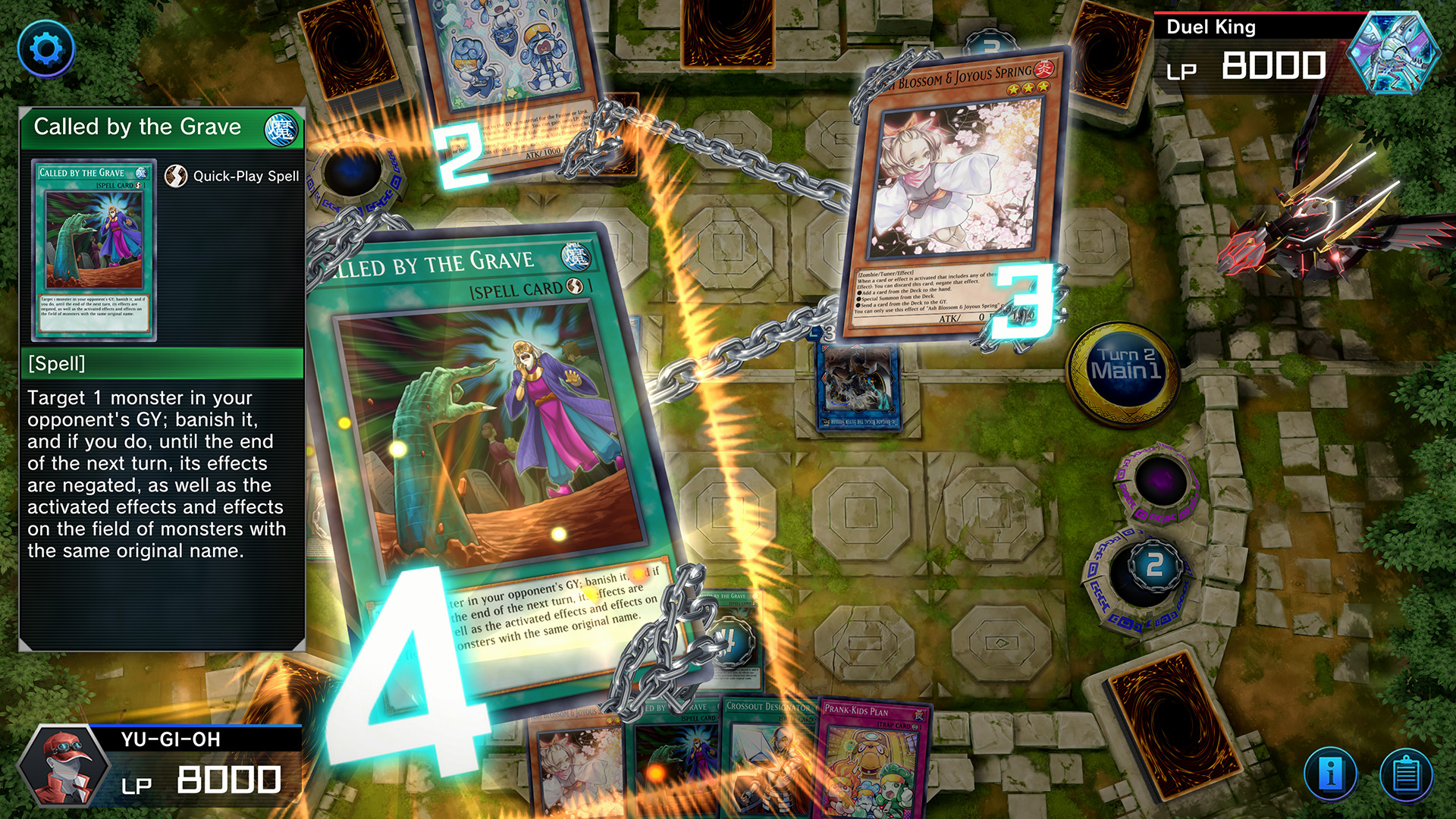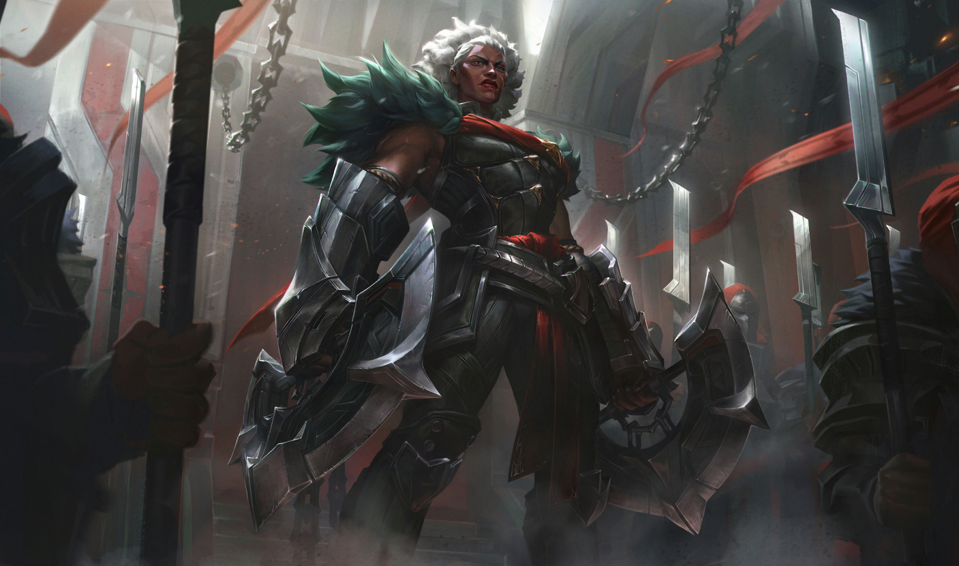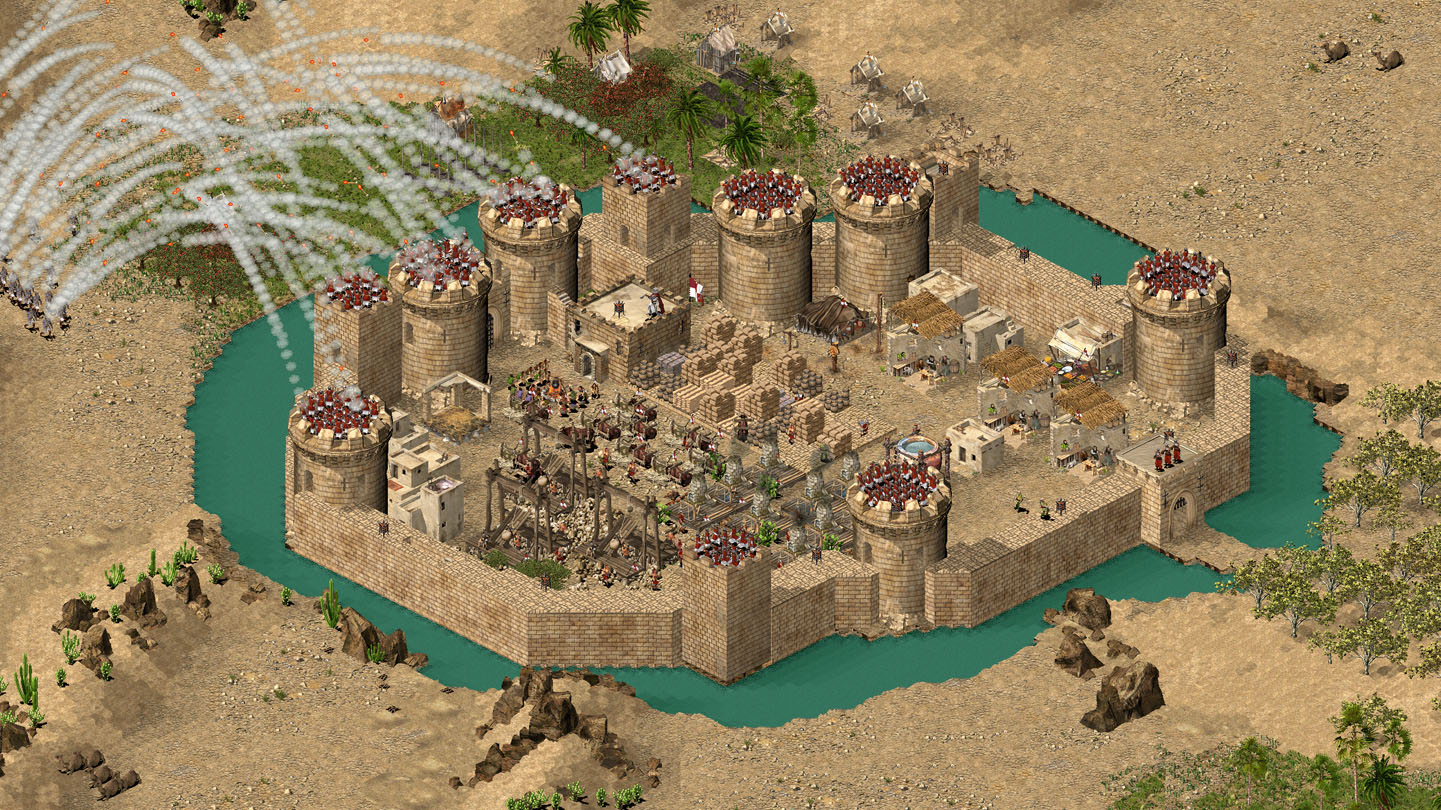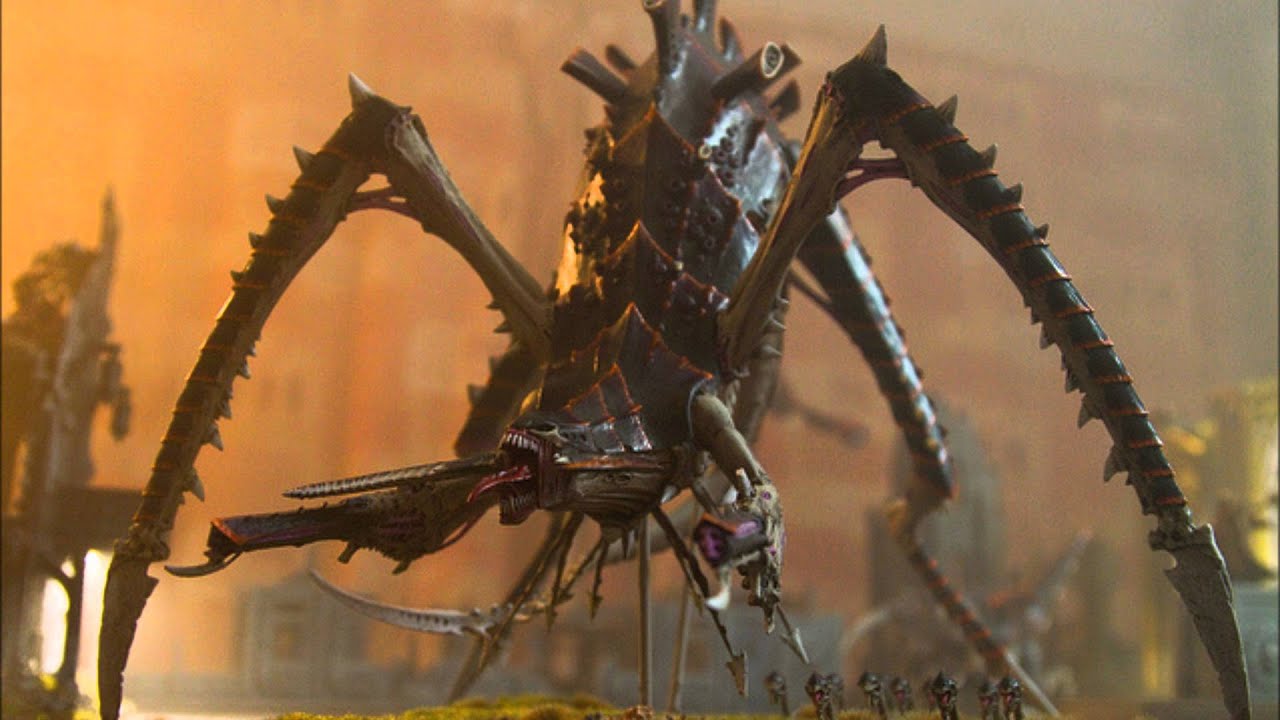Best Card Battler Games PC, Card battler games are a unique subgenre of strategy games that revolve around building and managing a deck of cards to battle opponents, solve challenges, or progress through a story. These games combine tactical decision-making with a hint of chance, as players rely on drawing and playing cards to outmaneuver their opponents or achieve specific objectives. Here’s a closer look at what makes card battler games stand out:
Top 10 Best Card Battler Games for PC
Here are the top 10 card battler games on PC that offer captivating gameplay, strategic depth, and unique mechanics to keep players coming back for more.
1. Slay the Spire
- Overview: Blending deck-building with roguelike elements, Slay the Spire has players battle through procedurally generated levels while building a deck from a pool of powerful and varied cards.
- Gameplay Style: Turn-based, single-player strategy with a strong focus on resource management and synergy.
- Strengths and Drawbacks: Known for its replayability and deep strategic gameplay, but its reliance on RNG (random number generation) can lead to challenging runs.
2. Hearthstone
- Overview: Based on the World of Warcraft universe, Hearthstone brings a polished, competitive experience with PvP and PvE modes, boasting a huge selection of cards and expansions.
- Gameplay Style: Online PvP card battler with an accessible, friendly interface and a focus on fast-paced duels.
- Strengths and Drawbacks: Extremely popular with regular updates, but newer players may find it challenging to catch up with the vast card library.
3. Legends of Runeterra
- Overview: This League of Legends spin-off focuses on strategic depth and rewards players who can create synergistic decks from champions and units from the LoL universe.
- Gameplay Style: PvP card battler with regional mechanics and unique champion cards, providing a mix of tactical and combo-based play.
- Strengths and Drawbacks: Offers unique gameplay mechanics and is beginner-friendly; however, it may feel less challenging to seasoned card game veterans.
4. Gwent: The Witcher Card Game
- Overview: Derived from The Witcher series, Gwent offers a unique two-round gameplay system, where players must outthink opponents across two out of three rounds.
- Gameplay Style: PvP card game with a mix of skill, bluffing, and resource management that’s different from typical card battlers.
- Strengths and Drawbacks: Known for its strategy and bluffing elements, but may be hard to master for players new to the Witcher world.
5. Monster Train
- Overview: This roguelike card battler combines tower defense elements, where players build decks to protect their train from waves of enemies.
- Gameplay Style: Single-player, multi-level combat with card drafting and resource management, where each level requires careful planning.
- Strengths and Drawbacks: Unique mix of genres and strong visuals, though it may feel repetitive for some players over time.
6. Magic: The Gathering Arena
- Overview: The digital adaptation of the iconic Magic: The Gathering card game brings complex, deep gameplay with thousands of cards and numerous strategies.
- Gameplay Style: PvP card game with multiple formats, mirroring the mechanics of the original MTG card game.
- Strengths and Drawbacks: Beloved by MTG fans for faithful gameplay, but the learning curve can be steep for newcomers.
7. Griftlands
- Overview: Griftlands is a narrative-driven deck-builder where players battle foes and negotiate their way through storylines, using both combat and negotiation decks.
- Gameplay Style: Single-player RPG and card battler with branching storylines and deck-building across both battle and negotiation.
- Strengths and Drawbacks: Engaging story and unique double-deck system, but it may feel more narrative-heavy than traditional card games.
8. Yu-Gi-Oh! Master Duel
- Overview: The digital adaptation of the famous Yu-Gi-Oh! card game features a vast card pool and mechanics faithful to the real-world game, including PvP duels and solo modes.
- Gameplay Style: PvP card duels with a focus on classic Yu-Gi-Oh! rules and extensive combos.
- Strengths and Drawbacks: Nostalgic for fans and full of content, but it has a steep learning curve, especially for players unfamiliar with advanced combos.
9. Inscryption
- Overview: Inscryption mixes horror, roguelike elements, and card battling in a mysterious world, making it a genre-defying experience.
- Gameplay Style: Single-player with narrative elements, dark visuals, and puzzle mechanics that combine into a unique gameplay loop.
- Strengths and Drawbacks: Highly atmospheric and innovative, though its horror theme may not appeal to all players.
10. Faeria
- Overview: Faeria combines card battler and board game mechanics, where players build the game board as they go, creating new strategies with each turn.
- Gameplay Style: PvP and PvE with a strategic mix of tile placement and deck-building.
- Strengths and Drawbacks: Offers a unique experience with its dynamic board-building mechanic, but its complex gameplay might deter more casual players.
Read Also : The Best Stronghold Games for PC Fans of Strategy and Castle Building
Tips for Getting Started with Card Battler Games
Getting started with card battler games can be exciting but also a bit challenging, especially given the variety of mechanics and strategies involved. Here are some practical tips to help new players dive into the genre, build effective decks, and improve their skills over time.
1. Choose the Right Game for Your Playstyle
- Single-Player vs. Multiplayer: If you enjoy story-driven experiences and prefer progressing at your own pace, single-player games like Slay the Spire or Griftlands may be ideal. For a more competitive experience, games like Hearthstone or Magic: The Gathering Arena offer dynamic PvP play.
- Deck-Building Depth: Some games feature extensive deck-building options, while others keep things simpler. If you enjoy tinkering with card combinations, opt for games with deep customization, like Legends of Runeterra. For a lighter experience, try card games with more straightforward mechanics, such as Gwent.
2. Understand Card Types and Effects
- Read Card Descriptions Carefully: Each card game has unique card types (like minions, spells, and buffs) and effects. Spend some time learning what each type does, as well as special effects like “area damage” or “healing.” Familiarity with these will help you anticipate opponents’ moves and make better decisions.
- Identify Key Synergies: Many card games include mechanics that allow certain cards to work well together. Look for combos or cards that provide cumulative bonuses. In games like Slay the Spire, finding powerful card synergies can make the difference between victory and defeat.
3. Start with Starter Decks and Basic Strategies
- Experiment with Starter Decks: Most games offer a starter deck or default set of cards for beginners. Start with these to get familiar with basic strategies and to see which playstyle suits you best.
- Focus on Core Mechanics First: Don’t get overwhelmed by advanced strategies or high-level tactics right away. Learn the core mechanics, like managing resources and knowing when to play aggressively or defensively.
Starting out in the world of card battler games is a rewarding experience filled with endless strategies to discover. By choosing the right game, learning core mechanics, and honing your deck-building skills, you’ll soon be able to hold your own against tough opponents and enjoy the thrill of strategic card battles.
Read Also : Top 10 Best Video Game Stores to Buy PC Games





